Filter by
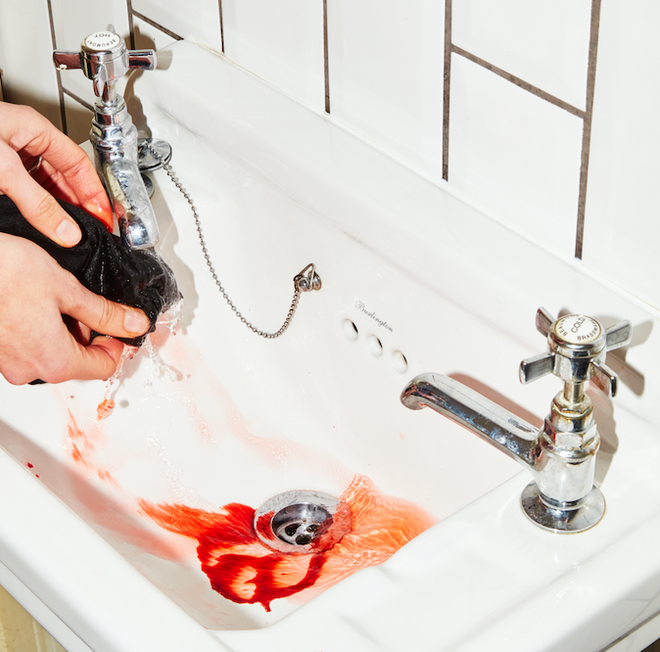
Heavy bleeding and cramps: What is normal?
Blood and cramps are a normal part of our menstrual cycle, but when should you seek help? For most people, having a heavier bleed for...

Making menstruation more inclusive
Period inclusivity means understanding that everyone’s experience is different. Gender, age, abilities, money and background all play a part in how we go through it....
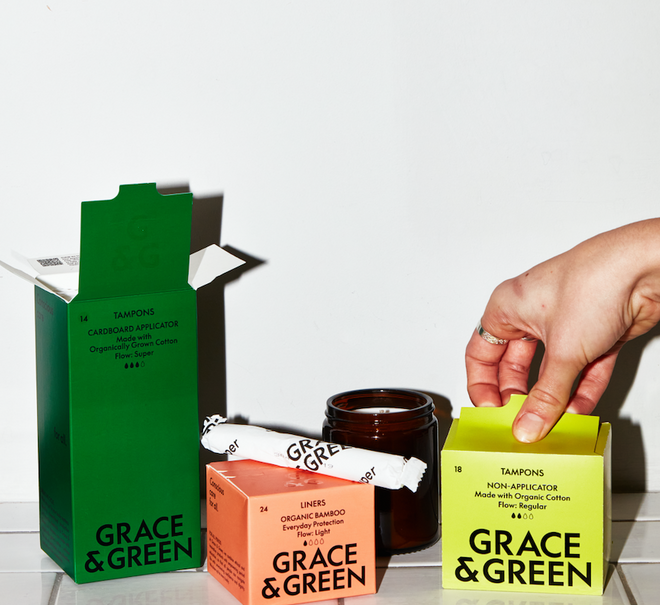
Why you should choose organic period products
Every day in the UK, an estimated 2.5 million tampons and 1.4 million period pads are flushed down the toilet. This is an alarming amount...

How your menstrual cycle can affect your sex drive
Sometimes we feel like it and sometimes we just don’t: have you ever wondered why your sex drive changes throughout the month? Sure, many different...

How to feel better during your period: Tips from a mental health coach
When I'm on my period, in the space of a minute, I went from feeling tired to snarling at the world and even briefly thinking...
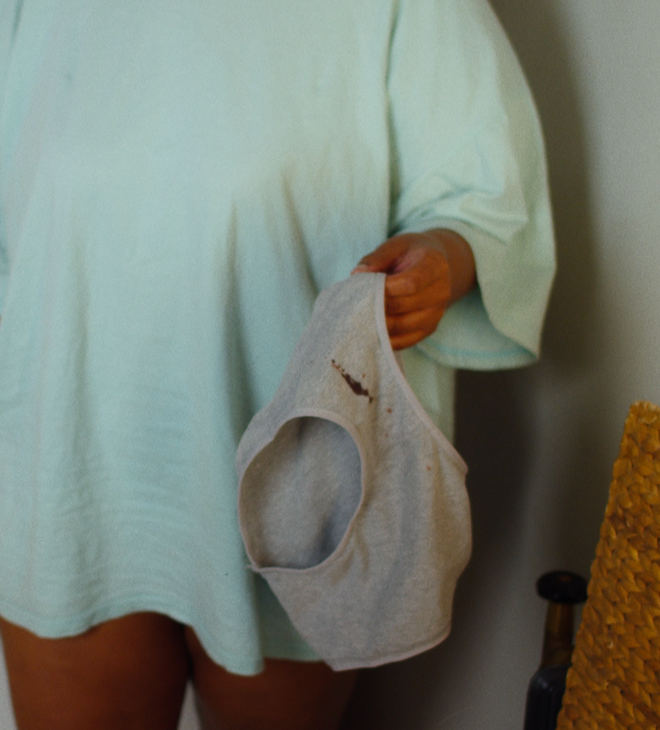
Why we should stop saying ‘sanitary’ when talking about periods
The way we talk about periods can greatly impact how people think about them.At Grace & Green, we’re committed to not using the terms ‘hygiene,’...
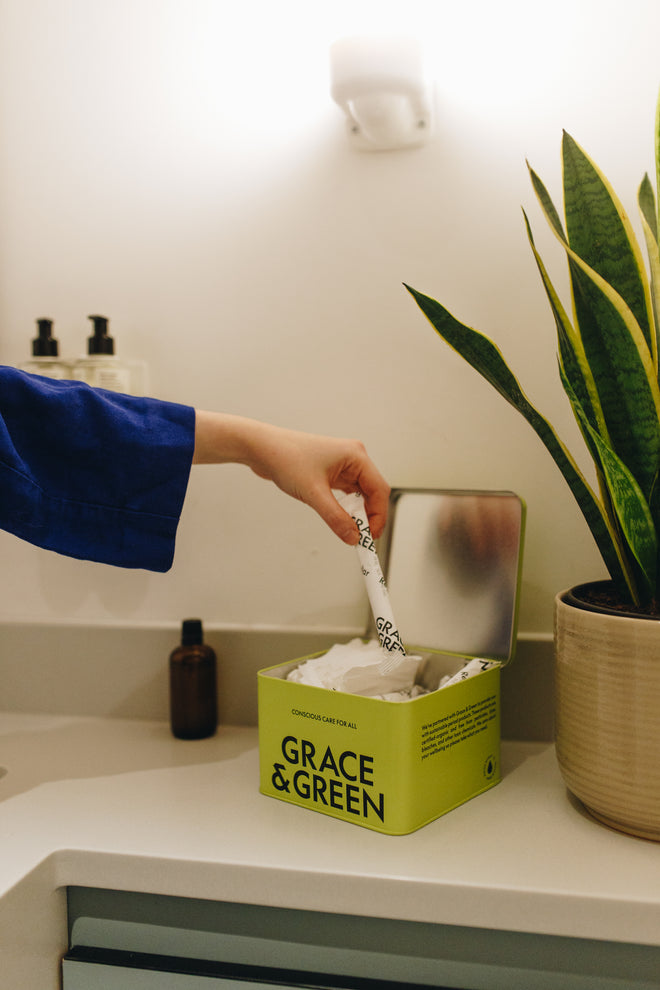
Why period products should be free at work
Should people who menstruate be able to access period products for free? 76 percent say yes. People with periods don’t choose to have periods: it’s something...
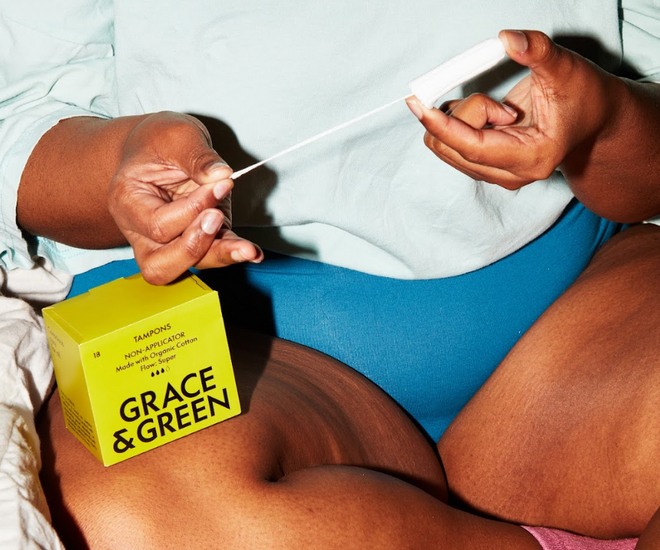
What is Toxic Shock Syndrome (TSS) and how do you lower the risks?
Toxic Shock Syndrome (TSS), is a rare but life-threatening illness caused by the release of harmful bacterial toxins. It is sometimes associated with tampon use...

How to support menstrual health at work
Periods are a natural part of life, yet the lack of support and attitude towards menstrual health mean they are still creating a surprising...
